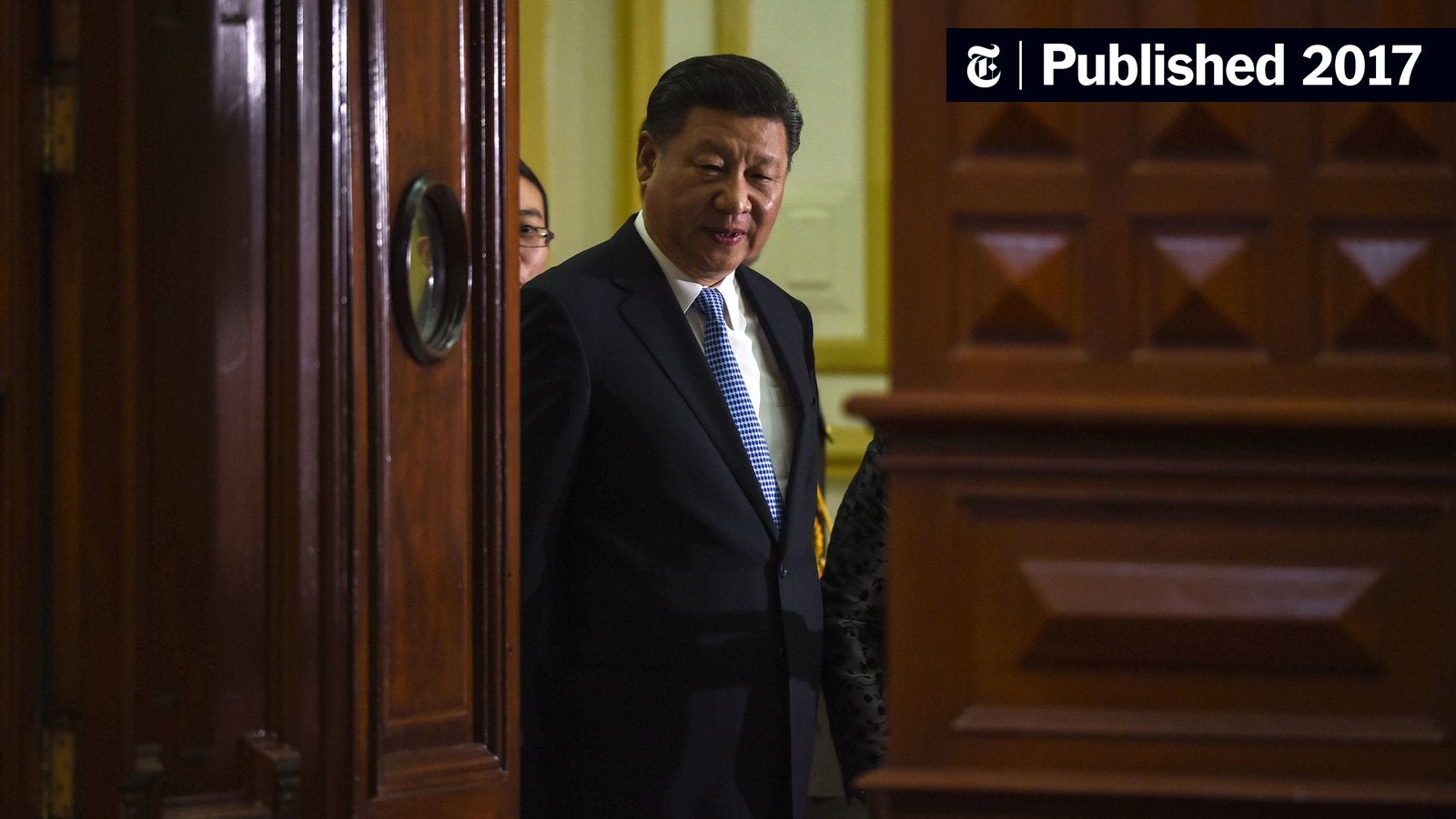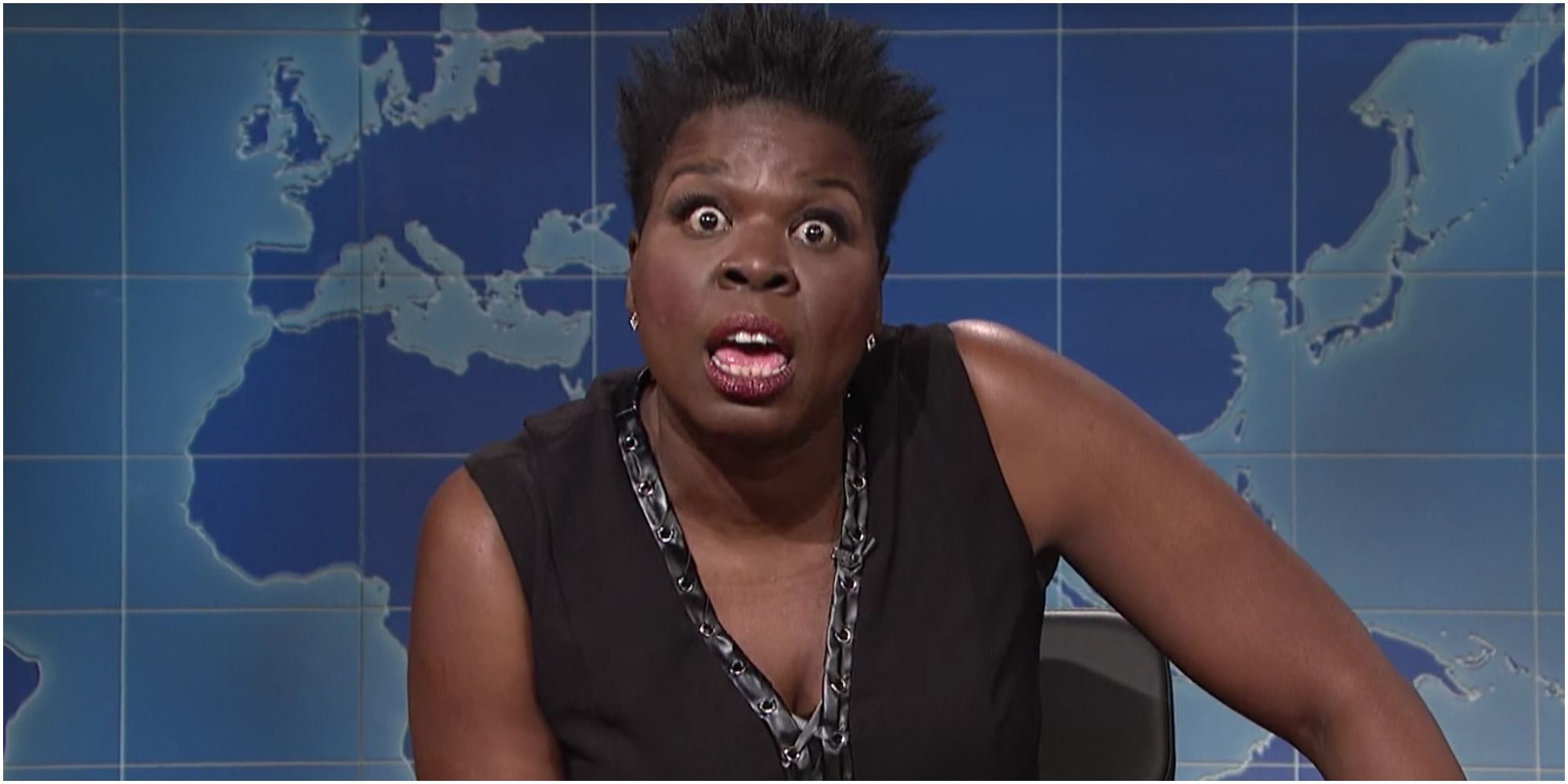Meta Monopoly Trial: FTC Concludes Case, Defense Begins

Table of Contents
The FTC's Case Against Meta: A Summary of Allegations
The FTC's case against Meta hinges on accusations of anti-competitive conduct and the abuse of monopoly power. The core argument revolves around Meta's acquisitions of Instagram and WhatsApp. The commission contends that these acquisitions were not merely strategic business decisions but deliberate attempts to stifle competition and maintain Meta's dominance in the social networking market.
-
Illegal Acquisitions to Maintain Monopoly Power: The FTC argued that Meta, through its acquisitions of Instagram and WhatsApp, illegally maintained its already substantial market power. The acquisitions, the FTC contends, prevented the emergence of viable competitors and limited consumer choice.
-
Suppression of Competition and Innovation: The commission presented evidence suggesting that these acquisitions stifled competition, preventing the development of innovative rival social media platforms. This lack of competition, the FTC argued, ultimately harmed consumers.
-
Leveraging Market Domination for Anti-Competitive Practices: The FTC highlighted Meta's overwhelming market share in social networking, arguing that this dominance was leveraged to engage in anti-competitive practices. These practices allegedly include restrictive data collection policies, manipulation of algorithms to favor Meta's own products, and other tactics designed to exclude competitors.
-
Detailed Examples of Anti-Competitive Behavior: The FTC's case included detailed examples of alleged anti-competitive behavior, focusing on Meta's data collection practices, algorithm manipulation to prioritize its own services, and the use of its market power to suppress emerging rivals. This evidence aimed to demonstrate a pattern of behavior intended to maintain Meta's monopoly.
Key Arguments Presented by the FTC's Witnesses
The FTC's case relied heavily on expert witness testimony and economic analysis to bolster its claims. These witnesses provided crucial evidence to support the accusations of anti-competitive behavior and market manipulation.
-
Expert Economic Analysis: Expert witnesses presented detailed economic analysis that aimed to demonstrate the negative impact of Meta's actions on competition and consumer welfare. This analysis provided a quantitative basis for the FTC's claims.
-
Impact on Competition and Consumer Choice: Witness testimony focused on detailing the ways in which Meta's actions allegedly harmed competition and reduced consumer choice in the social media market.
-
Demonstrating Meta's Market Dominance: Data presented by the FTC's witnesses clearly illustrated Meta's considerable market share and its dominant position in the social networking sector. This data was essential to establishing Meta's monopolistic power.
-
Linking Acquisitions to Suppression of Competition: The FTC's legal team strategically presented evidence and testimony to directly link Meta's acquisitions of Instagram and WhatsApp to the subsequent suppression of competition in the social media landscape. This aimed to prove a direct causal relationship between the acquisitions and the harm caused.
Meta's Defense Strategy: Anticipated Counterarguments
Meta's defense will likely focus on challenging the FTC's claims of anti-competitive behavior and emphasizing the benefits of its acquisitions for consumers and innovation.
-
Innovation and Consumer Benefits: Meta is expected to argue that its acquisitions of Instagram and WhatsApp fostered innovation and ultimately benefited consumers by integrating services and enhancing user experience.
-
Network Effects and Consumer Preference: The defense will likely highlight the network effects inherent in social media platforms, arguing that Meta's size and success are a natural outcome of providing a valuable service to a large, engaged user base. This argument suggests that its market share is a result of consumer preference rather than anti-competitive practices.
-
Competitive Landscape in the Digital Market: Meta's legal team will likely present evidence and arguments showcasing the competitive landscape within the digital market to challenge the notion of a monopoly. They will attempt to show that other significant players exist and that the market is not dominated solely by Meta.
-
Challenging the FTC's Evidence: Meta's defense will likely aim to discredit or challenge the economic analysis and witness testimony presented by the FTC, offering alternative interpretations of the data and highlighting potential flaws in the FTC's methodology.
The Role of Network Effects in the Meta Defense
A significant component of Meta's defense will center on the concept of network effects.
-
Network Effects as a Natural Outcome of Success: Meta will likely argue that its size and success are primarily driven by network effects – the inherent value a platform gains as more users join. This increased value, they will argue, is a natural consequence of providing a service that people want to use, not a result of anti-competitive behavior.
-
Benefits of Scale for Consumers: The defense will emphasize that Meta's scale translates into significant benefits for consumers, enabling the development of features and functionality that wouldn't be feasible on smaller platforms.
-
Expert Testimony on Network Effect Dynamics: Meta will likely call upon experts to provide testimony on the dynamics of network effects in the digital marketplace and how they influence competition. The goal is to demonstrate that network effects are a natural and legitimate driver of market dominance in the digital age.
Conclusion
The Meta Monopoly trial represents a pivotal moment in the ongoing discussion surrounding the power and influence of Big Tech. The FTC has presented a strong case against Meta, alleging anti-competitive practices and the abuse of monopoly power. However, Meta's defense promises a vigorous challenge, setting the stage for a potentially protracted legal battle with significant implications for antitrust law and the future of the digital landscape. The outcome will profoundly affect how tech giants are regulated and how competition is fostered in the digital marketplace. Stay informed about the ongoing developments in the Meta Monopoly trial and its impact on the future of tech regulation. Follow us for further analysis of the Meta Monopoly trial and its implications.

Featured Posts
-
 Trump Considers China Trip For Meeting With Xi Jinping
May 18, 2025
Trump Considers China Trip For Meeting With Xi Jinping
May 18, 2025 -
 From Scatological Data To Engaging Podcast Ai Powered Digest Creation
May 18, 2025
From Scatological Data To Engaging Podcast Ai Powered Digest Creation
May 18, 2025 -
 9 11 Netflix Docuseries Captures Mans Terrifying Realization He Was On Fire
May 18, 2025
9 11 Netflix Docuseries Captures Mans Terrifying Realization He Was On Fire
May 18, 2025 -
 Dodgers Conforto Following Hernandezs Path To Success
May 18, 2025
Dodgers Conforto Following Hernandezs Path To Success
May 18, 2025 -
 Leslie Jones Signs With Ope Partners Snl Alumnas Next Chapter
May 18, 2025
Leslie Jones Signs With Ope Partners Snl Alumnas Next Chapter
May 18, 2025
Latest Posts
-
 White Lotus Fan Theories Walton Goggins Snl Monologue
May 18, 2025
White Lotus Fan Theories Walton Goggins Snl Monologue
May 18, 2025 -
 Webby Awards 2024 Taylor Swift Kendrick Lamar And Simone Biles Among The Winners
May 18, 2025
Webby Awards 2024 Taylor Swift Kendrick Lamar And Simone Biles Among The Winners
May 18, 2025 -
 Unexpected Dance Duo Tate Mc Rae And Marcello Hernandez Cover Bad Bunny
May 18, 2025
Unexpected Dance Duo Tate Mc Rae And Marcello Hernandez Cover Bad Bunny
May 18, 2025 -
 Snl Jack Black Episode Ego Nwodims Crowd Work And Other Top Moments
May 18, 2025
Snl Jack Black Episode Ego Nwodims Crowd Work And Other Top Moments
May 18, 2025 -
 Analyzing The Humor Marcello Hernandezs Snl Suitcase Dog Sketch
May 18, 2025
Analyzing The Humor Marcello Hernandezs Snl Suitcase Dog Sketch
May 18, 2025
